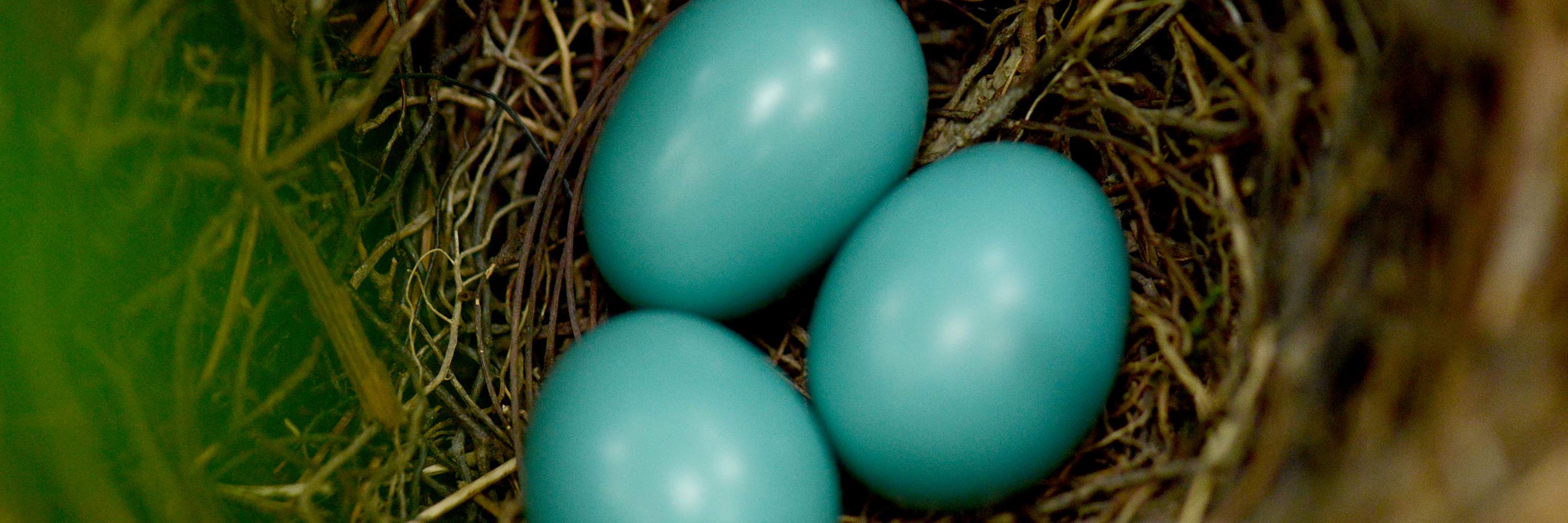Beauty is inherent in all that a university does and is: examination of the fundamental principles of science and mathematics reveals to us the striking beauty of the universe, and any form of cultural expression is always, in some crucial way, aesthetic.
Philosophy has long tried to explain the tight grip beauty has on human consciousness. More recently, cognitive science has shown us the way our neurons fire in response to stimuli that we associate with our concepts of beauty. Yet in contemporary times beauty's centrality as a serious topic of critical and intellectual engagement has been minimized—when it has not altogether been displaced—by pressing social, political, and economic matters that presumably exist outside of its domain. Beauty’s association with appreciation instead of critique, surface instead of depth, partiality instead of objectivity, and luck instead of work has meant that recent intellectual discourse has given it a wide berth, impoverishing both our understanding of beauty and its relationship(s) to the social, political, economic and scientific. In everyday discourse, too, beauty often plays the foil to the intellectual, the ethical, or the necessary, insuring its neglect as a site of generative thinking.
The goal of this Themester is to reinvigorate our considerations of beauty as a core component of the human experience across the span of time and in diverse scholarly, social and cultural settings.



 The College of Arts
The College of Arts